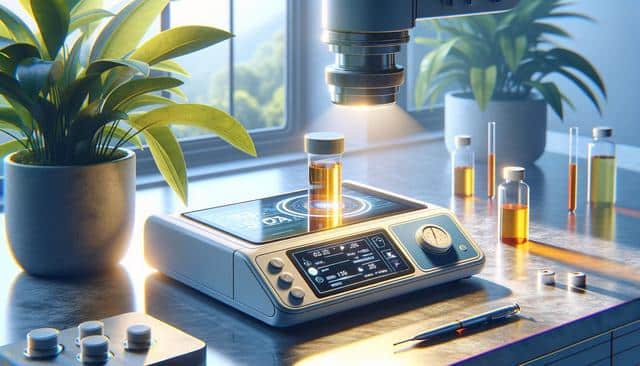
What It’s Like to Be a Product Tester: A Closer Look at This Unique Role
Understanding the Role of a Product Tester
Product testers play a crucial role in the development and improvement of consumer goods. Their primary responsibility is to use, evaluate, and provide feedback on products before they become widely available. These insights help companies refine features, identify flaws, and ensure overall user satisfaction. While the concept may sound straightforward, the work involved often requires attention to detail, critical thinking, and sometimes even technical understanding.
Product testing is not limited to one industry. It spans across various sectors including technology, cosmetics, food, household items, and more. Depending on the product, testers may be asked to fill out surveys, participate in focus groups, or write detailed reports. These evaluations are essential for manufacturers to make informed decisions about product launches, pricing strategies, and marketing techniques.
How to Become a Product Tester
Getting started as a product tester typically requires some research and initiative. Many companies recruit testers through online platforms, marketing agencies, or directly via their websites. Signing up with legitimate product testing sites is often the first step. Most platforms will ask for demographic information to match testers with suitable products.
Here are a few tips for those interested in joining the field:
- Create a dedicated email address for testing-related communications.
- Be honest and detailed in your product feedback.
- Stay organized and meet any deadlines required for submitting reviews or surveys.
- Start with smaller, well-known testing programs to gain experience and credibility.
While some opportunities are open to the general public, others may require specific qualifications or experience. For example, tech companies may look for testers with a background in software or engineering, while skincare brands might seek individuals with particular skin types or concerns.
Types of Products You Might Test
The variety of products available for testing is extensive. Depending on your interests and profile, you might receive anything from electronics to household cleaning agents. Some common categories include:
- Beauty and personal care items like lotions, shampoos, or makeup
- Technology gadgets including smartwatches, headphones, or mobile apps
- Food and beverage samples for taste testing and packaging feedback
- Home appliances or accessories such as vacuum cleaners or kitchen tools
The experience can be both enjoyable and educational. Not only do testers get to try out new products, but they also learn about product design, user experience, and even marketing strategies. It’s worth noting that while some programs provide free products, others may offer compensation in the form of gift cards, cash, or discounts.
Benefits and Challenges of Being a Product Tester
One of the primary benefits of being a product tester is the early access to new and innovative items. For those who enjoy trying out the latest gadgets or beauty products, this can be a rewarding experience. Additionally, testers contribute valuable insights that can influence product development and customer satisfaction.
However, there are also some challenges to consider:
- Not all testing opportunities are paid, and some require significant time commitments.
- There may be strict deadlines or detailed reporting requirements.
- Testers sometimes need to sign non-disclosure agreements (NDAs), limiting what they can share publicly.
- Some platforms may have limited availability or long waitlists for new testers.
Despite these challenges, many find the role fulfilling, especially those with a passion for consumer goods and product development. With dedication and consistency, testers can build a reputation and gain access to higher-value products and exclusive opportunities.
Tips for Succeeding as a Product Tester
Success in product testing often comes down to reliability and communication. Companies value testers who provide thoughtful, constructive feedback and follow through with their commitments. Here are a few strategies to help maintain a strong profile:
- Document your experiences with photos, notes, or videos to support your feedback.
- Be respectful and professional in all interactions with testing coordinators.
- Keep track of deadlines and maintain a calendar of active projects.
- Continue to update your profile with relevant information to increase your chances of being selected.
In some cases, product testers may even be invited to join long-term panels or beta testing programs. These opportunities often come with greater responsibility and, in turn, better rewards. Whether you’re testing a new app or a kitchen appliance, consistency and attention to detail are key factors in building a successful product testing journey.


